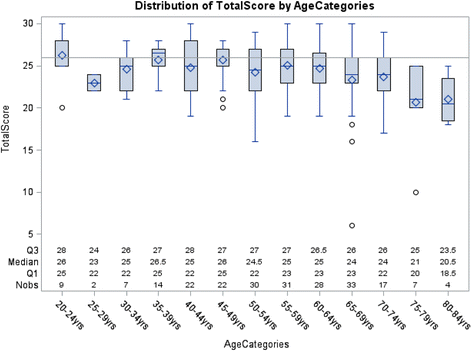Prevalence and correlates of cognitive impairment in kidney transplant recipients
- PMID: 28499360
- PMCID: PMC5429555
- DOI: 10.1186/s12882-017-0570-1
Prevalence and correlates of cognitive impairment in kidney transplant recipients
Abstract
Background: There is a high prevalence of cognitive impairment in dialysis patients. The prevalence of cognitive impairment after kidney transplantation is unknown.
Methods: Study Design: Cross-sectional study.
Setting and participants: Single center study of prevalent kidney transplant recipients from a transplant clinic in a large academic center.
Intervention: Assessment of cognition using the Montreal Cognitive Assessment (MoCA). Demographic and clinical variables associated with cognitive impairment were also examined. Outcomes and Measurements: a) Prevalence of cognitive impairment defined by a MoCA score of <26. b) Multivariable linear and logistic regression to examine the association of demographic and clinical factors with cognitive impairment.
Results: Data from 226 patients were analyzed. Mean (SD) age was 54 (13.4) years, 73% were white, 60% were male, 37% had diabetes, 58% had an education level of college or above, and the mean (SD) time since kidney transplant was 3.4 (4.1) years. The prevalence of cognitive impairment was 58.0%. Multivariable linear regression demonstrated that older age, male gender and absence of diabetes were associated with lower MoCA scores (p < 0.01 for all). Estimated glomerular filtration rate (eGFR) was not associated with level of cognition. The logistic regression analysis confirmed the association of older age with cognitive impairment.
Conclusion: Cognitive impairment is common in prevalent kidney transplant recipients, at a younger age compared to general population, and is associated with certain demographic variables, but not level of eGFR.
Keywords: Cognitive impairment; Kidney transplantation; MoCA.
References
MeSH terms
Grants and funding
LinkOut - more resources
Full Text Sources
Other Literature Sources
Medical
Research Materials
Miscellaneous


